"The Complete Project Gutenberg Works of Jane Austen" by Jane Austen is a collection of her novels put together in the early 2000s, showcasing stories like "Pride and Prejudice," "Emma," and "Sense and Sensibility." These books explore how people acted and what was considered proper in British high society during the early 1800s, with a focus on intelligent women dealing with love and life's challenges. In "Persuasion," readers meet Sir Walter Elliot, a pompous man whose self-centeredness influences how he treats his daughters, especially Anne, the main character. When Sir Walter has money problems, the family plans to move to Bath, which will shake things up. The beginning of the novel sets a scene of social commentary, showing how society's rules clash with what people truly want, which helps Anne grow as a person. The differences between Anne's inner strength and her father's superficial attitude suggest that character and worth are more important than social standing.
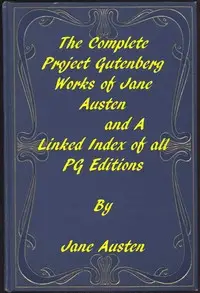
The Complete Project Gutenberg Works of Jane Austen A Linked Index of all PG Editions of Jane Austen
By Jane Austen
In a world of British high society, follow the lives and loves of remarkable women who challenge expectations and redefine their own destinies.
Summary
About the AuthorJane Austen was an English novelist known primarily for her six novels, which implicitly interpret, critique, and comment upon the English landed gentry at the end of the 18th century. Austen's plots often explore the dependence of women on marriage for the pursuit of favourable social standing and economic security. Her works are implicit critiques of the novels of sensibility of the second half of the 18th century and are part of the transition to 19th-century literary realism. Her use of social commentary, realism, wit, and irony have earned her acclaim amongst critics and scholars.
Jane Austen was an English novelist known primarily for her six novels, which implicitly interpret, critique, and comment upon the English landed gentry at the end of the 18th century. Austen's plots often explore the dependence of women on marriage for the pursuit of favourable social standing and economic security. Her works are implicit critiques of the novels of sensibility of the second half of the 18th century and are part of the transition to 19th-century literary realism. Her use of social commentary, realism, wit, and irony have earned her acclaim amongst critics and scholars.


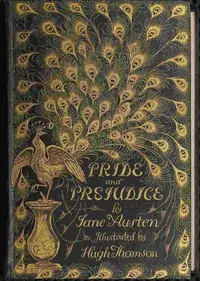

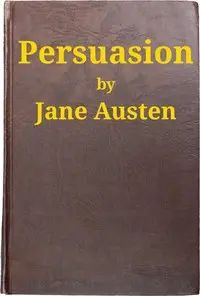
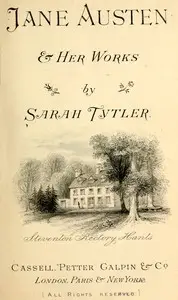
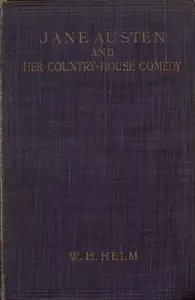


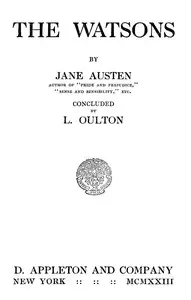
![Love and Freindship [sic] by Jane Austen](https://cdn.a2-host.cloud/4b_NTPONa0CloH_1LlwwVH-JTm2OjQTPunnkg4ncj-I/rs:fill:215:325:0/g:ce/aHR0cHM6Ly9zcC1hc3NldHMuczMudXMtd2VzdC0wMDQuYmFja2JsYXplYjIuY29tL2Jvb2svMTIxMi9Mb3ZlX2FuZF9GcmVpbmRzaGlwX3NpY19jb3Zlci5qcGc.webp)






